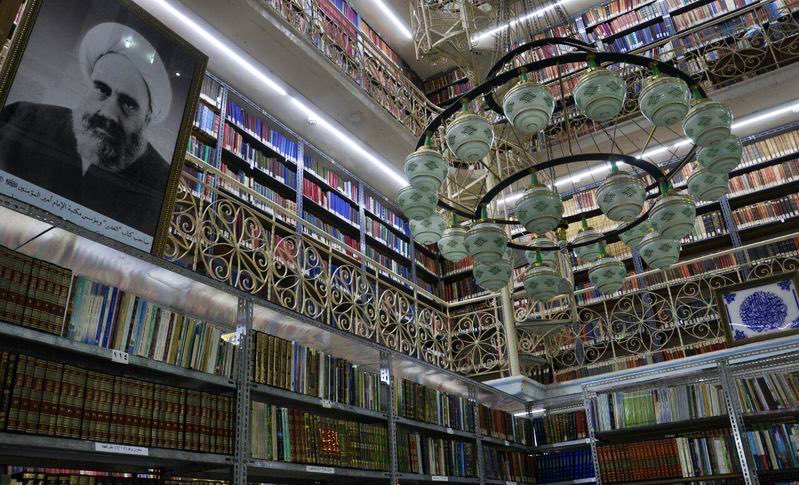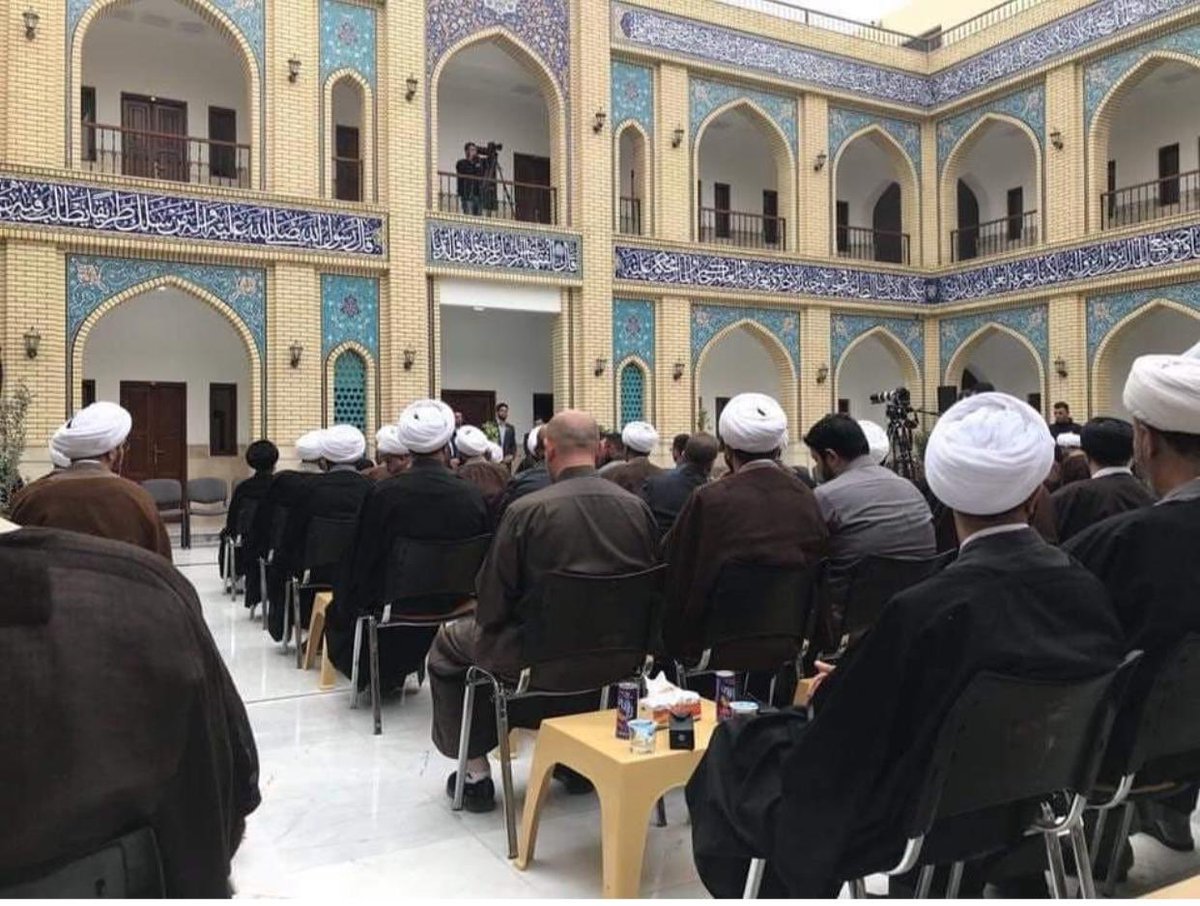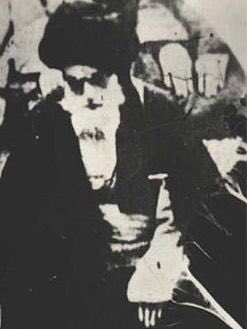
We could never do justice to the Prophet, especially while the Exalted Lord has said, “And you possess an exalted character.” وإنك لعلى خلق عظيم [68:4]) but this is a and perfunctory thread on the #HolyProphet Mohammad and some of his angelic features:
He came with a divine mandate to purify the soul, revive the intellect, and guide humanity toward its Creator, all without ever taking the slightest advantage or enriching himself. In fact, when offered, he repeatedly said, “I ask you not for any compensation..” #ProphetOfMercy
The pagans tried everything to stop him from preaching his message: they first promised him every imaginable pleasure, and he refused. They threatened him, yet he did not budge. Then began a campaign of intimidation, sanctions, torture and murder of his followers & friends.
At the peak of his vulnerability, and the aggression of his opponents, while being attacked both verbally and physically, leading him to bleed from head to toe as they stoned him, he refused to even curse his foes, saying “I have been sent only as a mercy to the worlds”!
He showed that while they resorted to hate & violence, he was of a superior nature; when asked to repel their harm with prayer, he called out “Lord! Forgive my people, for they do not know”. Instead of their chastisement, he asked God for mercy for them, calling them “my people”!
Then, at the height of his military might, he marched back to his birthplace, having defeated the killers of his family & friends. His nemeses had become his captives, yet he refused to punish them. When asked what he would do to them, he declared, “go, for you are set free”!
His former archenemies embraced his faith, having witnessed mercy like no other, generosity seen only in legends, and humility of mythological saints. In his first speech as victor, there was no hint of pride or gloating. Instead, he spoke of God’s grace & showing mercy to others
From the ashes of paganism & ignorance, he built a kingdom, but he was no king! He sat like slaves on the dirt, ate food with slaves, treated others with the kind of compassion that only a loving father would show his family, and went out of his way to greet the children
When enemy combatants were taken prisoners, he’d offer them his pardon in exchange for teaching literacy skills to his people!
Blood-thirsty mercenaries would go to assassinate him, and when they failed and were captured, he would forgive them!
Blood-thirsty mercenaries would go to assassinate him, and when they failed and were captured, he would forgive them!
He lived, breathed, and preached mercy to those that hurt him, but wouldn’t tolerate oppression and injustice toward the weak. When a man described how he had buried his daughters alive, the Prophet cried until his beard was soaked with his tears, scolding him and asked him to go
In his entire life, he never ate to satiety. His food consisted of unprocessed, almost inedible barley bread, and often would go for days without a single bite. At the same time, he would give a hundred camels to the poor! So his starvation wasn’t out of poverty, but magnanimity
The birth of the Holy Prophet was like the sun rising after an Antarctic winter of utter darkness. He illuminated the hearts with divine guidance, resuscitating the soul and giving humanity one last chance at being human.
Felicitations to the world on its bright new dawn.
Felicitations to the world on its bright new dawn.
• • •
Missing some Tweet in this thread? You can try to
force a refresh






















